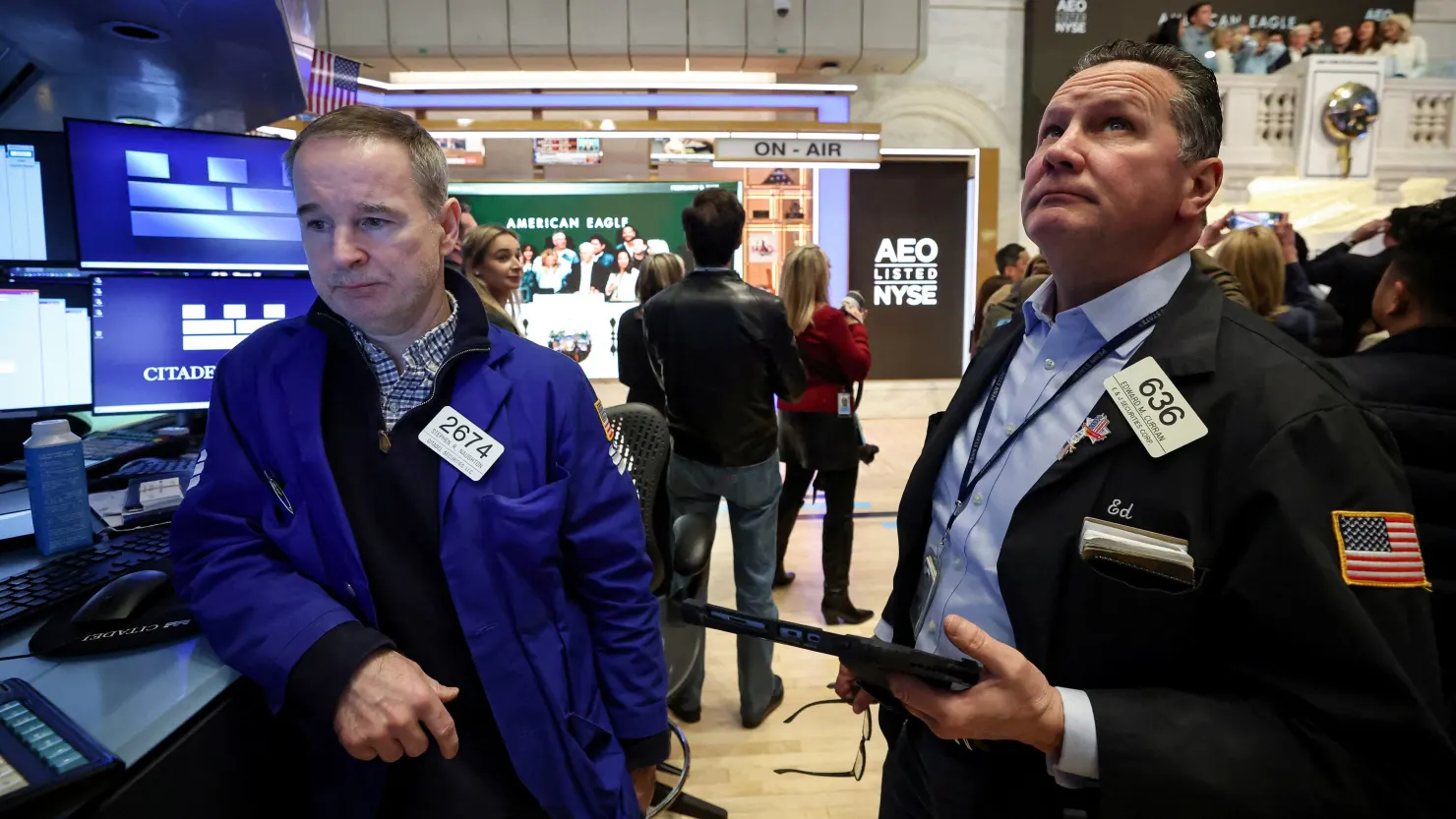A new policy from Zillow is changing the way some homes appear — or don’t appear — on its platform, with implications for both real estate professionals and homebuyers, Business Insider reports.
As of June 30, the popular real estate search site has begun blocking certain listings that are advertised publicly by agents but not promptly shared through Multiple Listing Services (MLS).
While most users may not immediately notice the change, Zillow’s updated rules represent a significant move in an ongoing industry debate over “exclusive inventory” — properties marketed privately or selectively before being entered into broader real estate databases.
The shift has sparked controversy and legal action, with Compass, the largest US brokerage by sales volume, filing a lawsuit against Zillow in federal court. Compass and other firms have increasingly leaned on “private exclusive” listings, which allow properties to be marketed internally among agents or featured only on company websites rather than shared across platforms like Zillow, Realtor.com, or MLS-affiliated portals.
Zillow’s new rule aims to ensure that listings advertised publicly — such as through a yard sign or social media — are also listed on the MLS within one business day, enabling broader exposure across real estate search engines. The company argues that this supports a more transparent and equitable housing market, allowing buyers to see all available inventory and helping sellers attract the best offers.
“We expect only a small number of for-sale listings will be affected,” said Errol Samuelson, Zillow’s chief industry development officer, in a statement.
Zillow’s business model relies on a comprehensive set of listings that attract users and generate leads for paying agents. As some brokerages create walled gardens of listings viewable only to select clients or agents, Zillow and similar platforms risk losing their central role in the home search process.
Compass and its CEO Robert Reffkin, however, argue that giving sellers more control — including the ability to “pre-market” homes before a wider release — can be in the client’s best interest. Compass listings, for instance, don’t show price cuts or time-on-market metrics, which some argue can hurt perceived value.
Critics of the exclusivity approach — including agents outside Compass — say that a “public inclusive” listing strategy is generally better for clients.
“Why would you ever sell your house without the public knowing and everybody being included?” said Kirk Simmon, a veteran agent in suburban Philadelphia.
While Zillow’s policy change may not visibly alter the platform for casual browsers, buyers and sellers are advised to be more proactive and informed in working with real estate agents. Sellers should ask how their listing will be marketed — and understand the implications of keeping it off the MLS, including the risk that it may not appear on Zillow or other popular websites.
Compass itself cautions in its disclosure forms that non-MLS listings may reduce the number of buyers reached and affect final sale prices. Though many Compass listings eventually end up on the MLS, the initial period of exclusivity is meant to gauge interest and control how the home is presented to the public.
On the buyer side, recent changes following a major legal settlement now require that clients sign formal agreements with agents before touring homes. This includes a clear explanation of services and fees — a shift away from the long-held assumption that a buyer’s agent is free.
In a tight housing market, agents still play a crucial role in finding listings not widely advertised. Even some Zillow employees have acknowledged that their own home purchases involved deals initiated through informal agent networks or non-public listings.










The latest news in your social feeds
Subscribe to our social media platforms to stay tuned